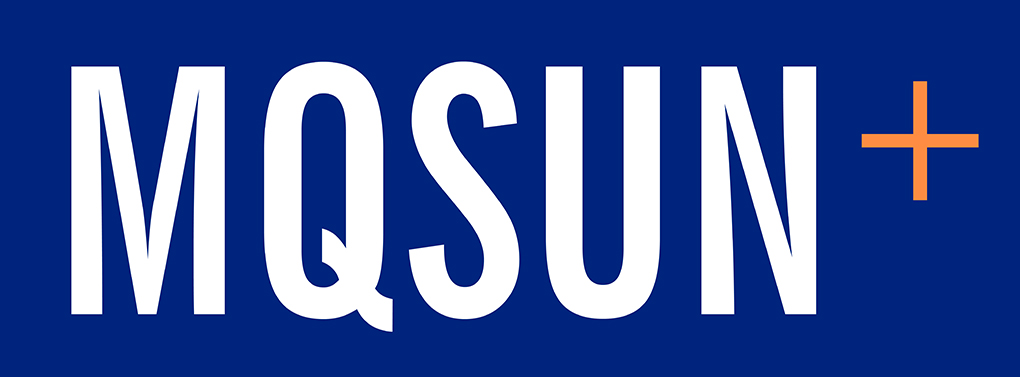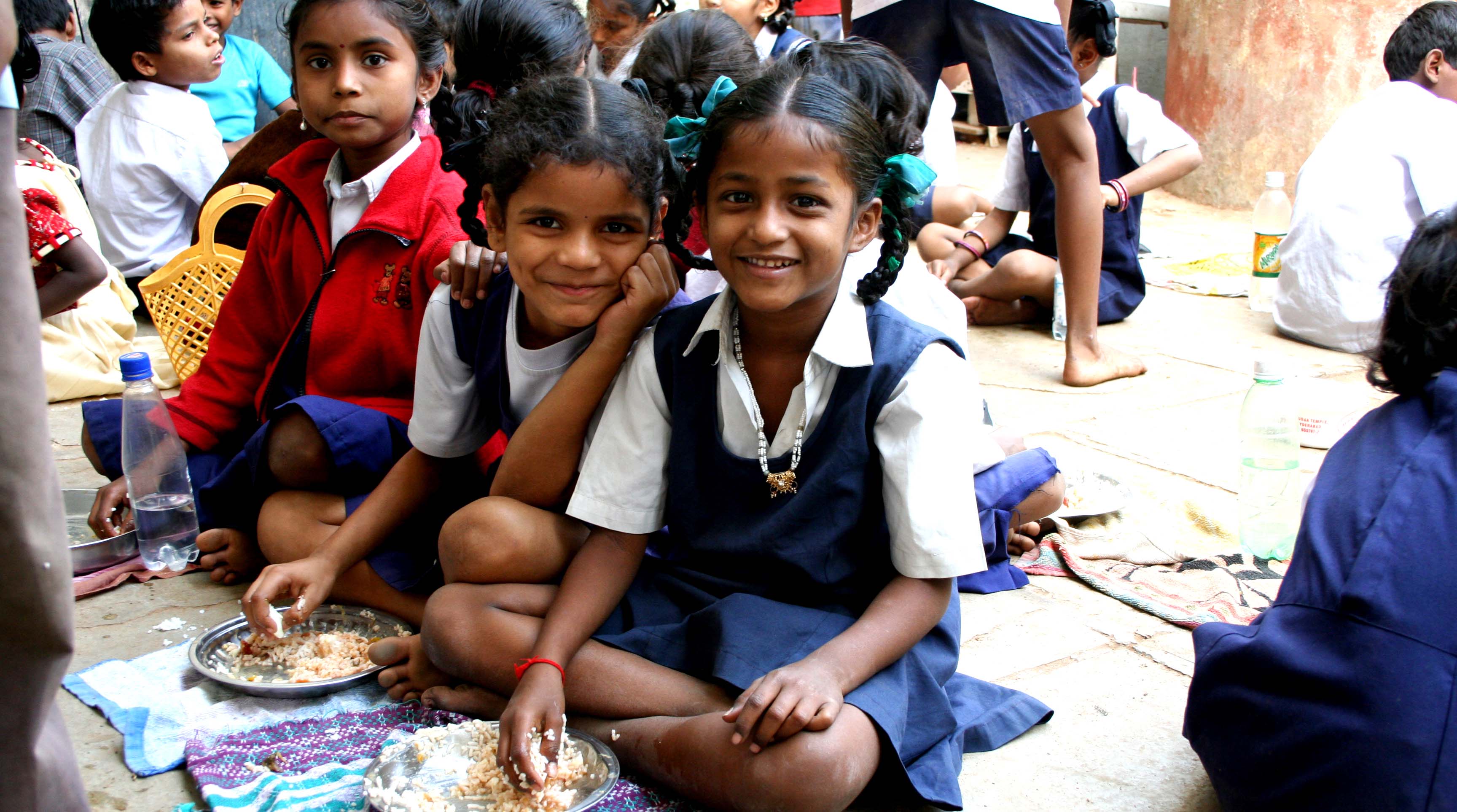The United Kingdom’s Department for International Development’s (DFID) Programme to Accelerate Improved Nutrition for the Extreme Poor in Bangladesh aims to improve nutrition outcomes for children, mothers and adolescent girls by integrating the delivery of a number of nutrition-specific (or direct) interventions with the livelihood support provided to extremely poor people by three existing programmes in Bangladesh. These three programmes are the Chars Livelihoods Programme (CLP), the Economic Empowerment of the Poorest Programme (EEP) and the Urban Partnership for Poverty Reduction Programme (UPPR).
This report introduces the mixed methods impact evaluation of the DFID Programme to Accelerate Improved Nutrition for the Extreme Poor in Bangladesh, describes the relevant interventions and evaluation design, and presents selected findings from the quantitative baseline survey. Both baseline and endline quantitative data will be used to estimate impacts of the livelihoods and nutrition intervention components of the CLP, the Concern sub-project within the Shiree/EEP and the UPPR. The impact evaluation will be composed of the estimates from this quantitative impact component, along with analyses drawn from an exploratory/explanatory component as well as a process evaluation and a cost-effectiveness component. This baseline report primarily describes the quantitative component and qualitative subcomponent, and focuses on analysing the quantitative baseline data.


